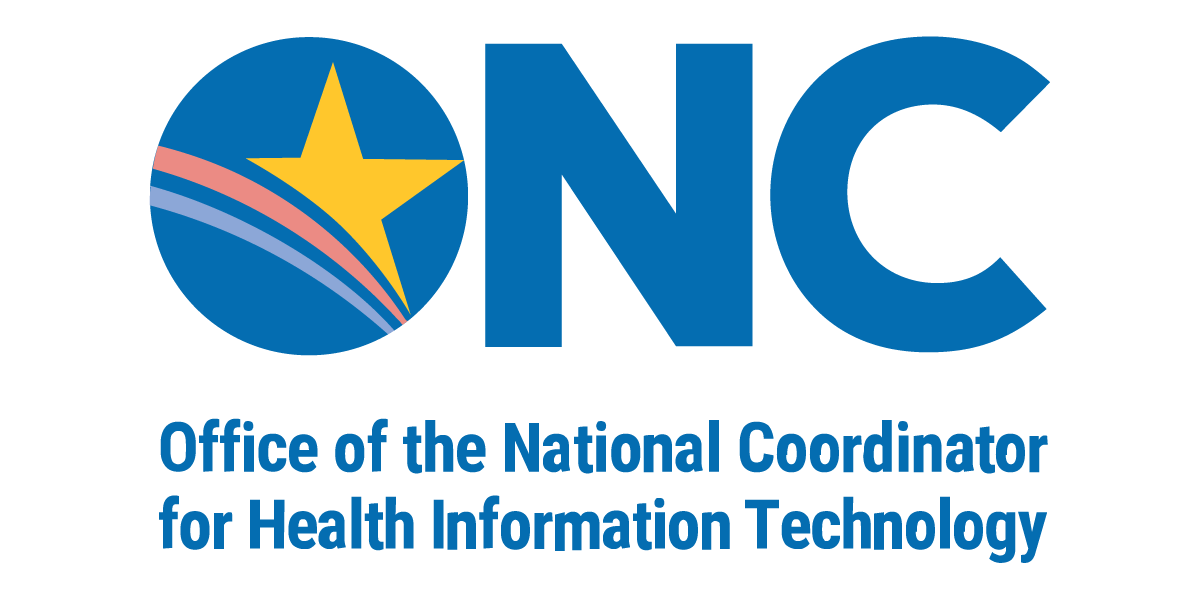Advantages of Electronic Health Records
EHRs and the ability to exchange health information electronically can help you provide higher quality and safer care for patients while creating tangible enhancements for your organization. EHRs help providers better manage care for patients and provide better health care by:
- Providing accurate, up-to-date, and complete information about patients at the point of care
- Enabling quick access to patient records for more coordinated, efficient care
- Securely sharing electronic information with patients and other clinicians
- Helping providers more effectively diagnose patients, reduce medical errors, and provide safer care
- Improving patient and provider interaction and communication, as well as health care convenience
- Enabling safer, more reliable prescribing
- Helping promote legible, complete documentation and accurate, streamlined coding and billing
- Enhancing privacy and security of patient data
- Helping providers improve productivity and work-life balance
- Enabling providers to improve efficiency and meet their business goals
- Reducing costs through decreased paperwork, improved safety, reduced duplication of testing, and improved health.
Take the First Step:
- Contact your local REC to find out if you are eligible for free or reduced-price support. Your local Regional Extension Center (REC) can help you realize the benefits of electronic health records. RECs are located in every region of the country to help health care providers select, implement, and become adept and meaningful users of EHRs.
- Download Health IT Implementation Resources
- Review the 6 Implementation Steps
Other Advantages
Transformed Health Care
Electronic Health Records (EHRs) are the first step to transformed health care. The benefits of electronic health records include:
- Better health care by improving all aspects of patient care, including safety, effectiveness, patient-centeredness, communication, education, timeliness, efficiency, and equity.
- Better health by encouraging healthier lifestyles in the entire population, including increased physical activity, better nutrition, avoidance of behavioral risks, and wider use of preventative care.
- Improved efficiencies and lower health care costs by promoting preventative medicine and improved coordination of health care services, as well as by reducing waste and redundant tests.
- Better clinical decision making by integrating patient information from multiple sources.
Meaningful Use
One of the best ways to ensure you take full advantage of the benefits of electronic health records is to achieve meaningful use. By achieving meaningful use, you can reap benefits beyond financial incentives.


